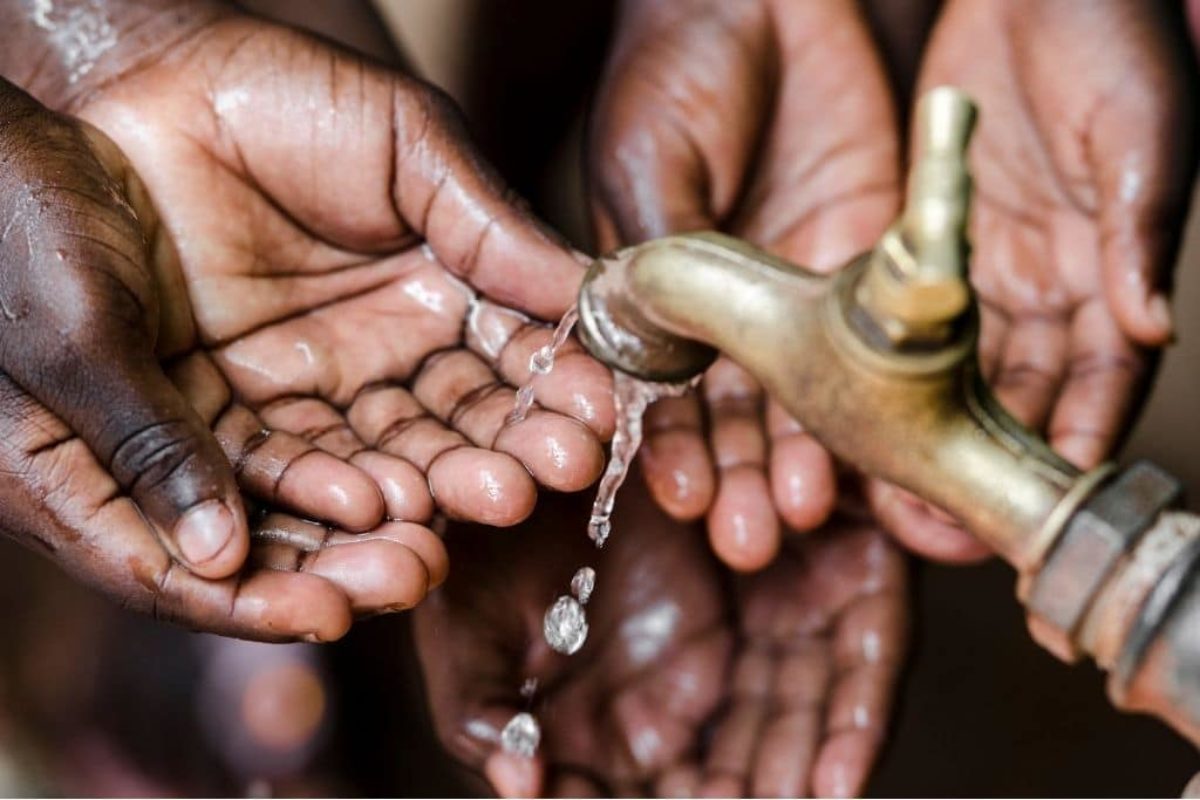
Water scarcity is becoming an increasingly critical issue, affecting billions of people worldwide. As the demand for water rises due to population growth and industrialization, and the effects of climate change become more pronounced, access to clean, safe water is becoming a daily struggle for many.
Health Risks
In water-scarce regions, people often resort to unsafe water sources, leading to the spread of diseases like cholera and dysentery. These health risks are especially severe in vulnerable communities, where clean water is a luxury, not a given.
Impact on Food and Economy
Agriculture, the largest consumer of freshwater, is directly impacted by water shortages. Reduced crop yields lead to food insecurity, driving up prices and deepening poverty. Economically, industries dependent on water also suffer, leading to job losses and stalled development.
Social Tensions and Migration
Scarcity often leads to competition over water resources, sparking social and even political conflicts. In extreme cases, it forces people to migrate, seeking better living conditions elsewhere, which in turn places new pressures on already strained resources in those areas.
Climate Change
The changing climate exacerbates these issues, with altered rainfall patterns, more frequent droughts, and the melting of glaciers that once provided stable water supplies.
Solutions
Addressing water scarcity requires sustainable water management, technological innovations like desalination, and strong policies that promote conservation and equitable distribution.
Water scarcity is not just an environmental issue. It's a human crisis. The need for collective action has never been more urgent to ensure that this vital resource is available for all, now and in the future.
